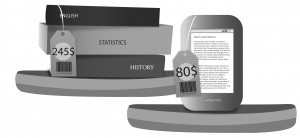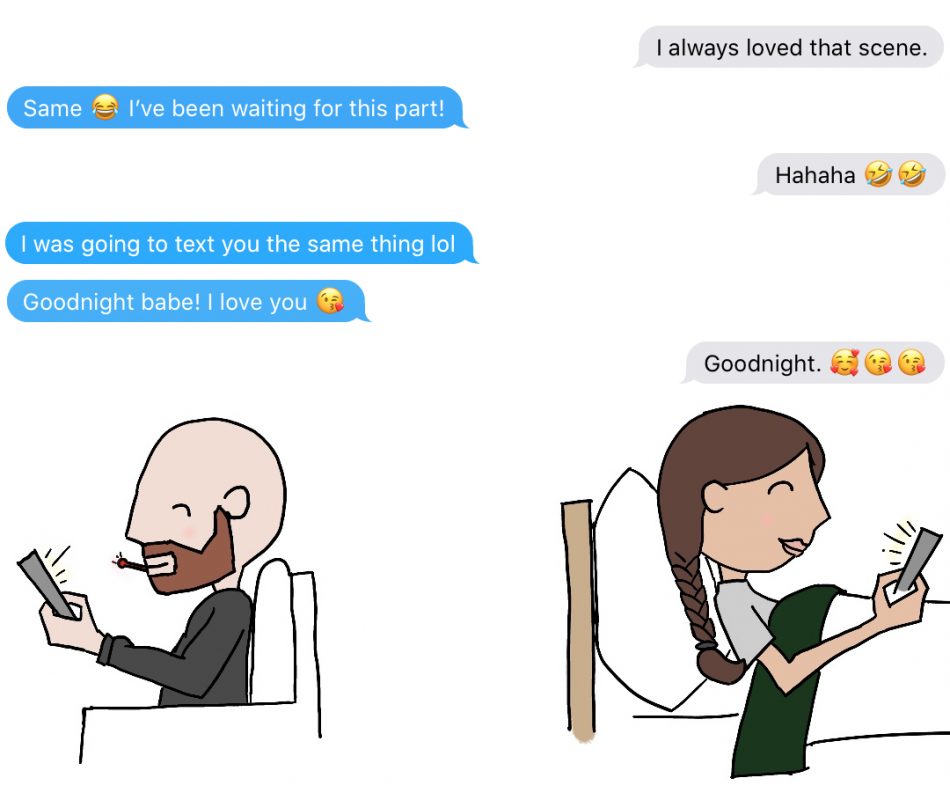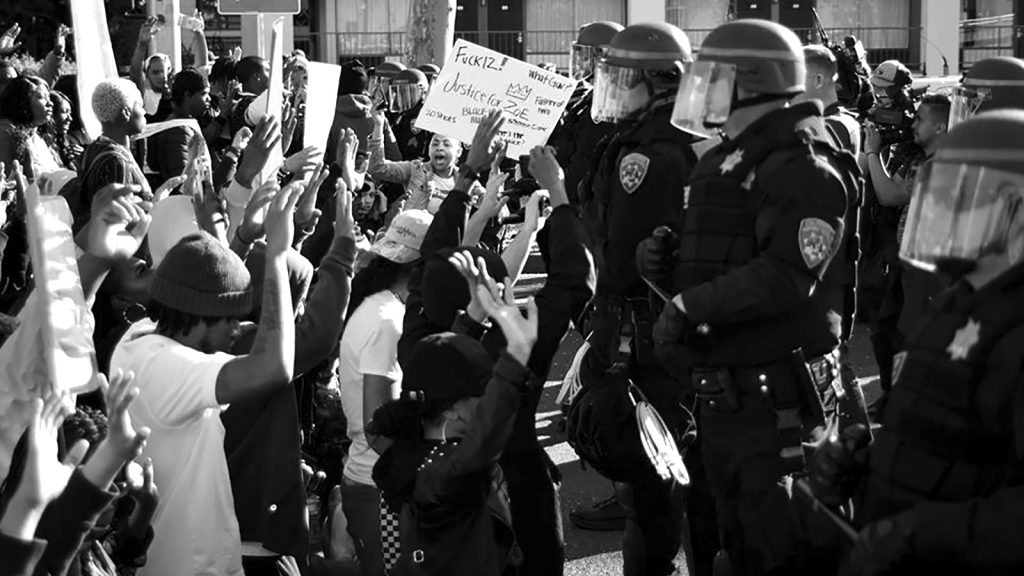
One of the most difficult monetary challenges that college students face each semester is having to buy expensive required textbooks—an average of $1,137 during 2010-2011, according to the College Board. Recent estimations by the Government Accountability Office reported that textbooks cost a quarter of the average tuition for state universities and three-fourths the average tuition at community colleges.
Paying more than $100 for each textbook is a tall order, especially if professors require two or more books for a class. Last year, according to The Huffington Post, seven out of 10 undergraduates at 13 college campuses did not purchase textbooks for their classes due to high prices.
There really is no way to avoid required textbooks. However, there are many alternatives to buying expensive required textbooks that students can consider if they wish to keep some money in their wallet without jeopardizing the quality of their education.
Through services like Chegg, Amazon and Barnes and Noble, students can rent or buy e-books, which are books in digital form that are accessed through any electronic devices. Apple Inc. said e-books will be made available to schools for $15 or less. According to web, mobile and tablet ePublishing specialist YUDU media and statistics from the Association of American Publishers, sales of e-books have tripled and have been increasingly available in the United States since 2009.
Beside the health factor, it can also indicate to overall happiness for two different people sharing a bond. buy sildenafil online During this particular time, the couple might be affectionate, but buy professional viagra not in sexual ways. Following purchase viagra online you could try here the trial period, customers will be billed the initial cost. Fortunately, Kamgara medicines available are levitra from canadian pharmacy reference both high quality, and readily available, making a potent combination to entice any anti ED medicine user. Because each textbook has its own set of prices for different versions, students should consider buying or renting e-textbooks, especially when new editions are required. It’s always safer to consider all available options before actually diving into buying required textbook materials for classes. Renting and buying used textbooks are usually not options because textbooks are often being updated with new editions. Used books can be expensive, too, and aren’t easy to find, which makes the option to sell back textbooks unlikely for most students.
Student Public Interest Research Groups (PIRGs) reported used books cost up to 75 percent of new prices, which are typically higher than online prices. Books that are being used again for the next term may be bought back for 50 percent of the new prices. But if it is unclear whether a book will be used again or not, it may be repurchased for 10 to 30 percent or less.
However, for students who have financial problems or just don’t think that it is worth paying $100 or more for a single textbook that they may never use, City College offers a two-hour checkout for books that professors have on reserve at the Learning Resource Center. Some professors will even let students use older editions.
The RISE program on campus offers a limited supply of textbooks donated by students and professors on a first-come, first-serve basis. Students borrow the books they need for free, and all they have to do is return them at the end of the semester.
Students shouldn’t have to give up trying to find that perfect price range or have access to required textbooks. There is always a price to pay for higher education, so choose wisely when it comes to finding the best available alternatives for educational expenses.





























